
The global transition toward electric vehicles is widely celebrated as a monumental step in combating climate change, yet this green revolution casts a long and ominous financial shadow over the world's most vulnerable economies. As electric cars replace their gasoline-powered predecessors, a
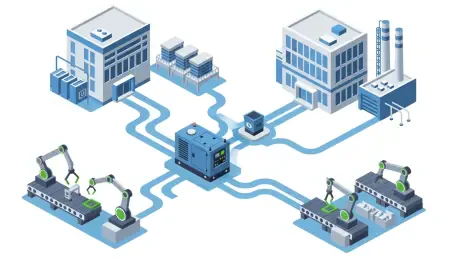
The global energy landscape is navigating a complex transition, driven by the dual imperatives of meeting escalating electricity demand while simultaneously reducing environmental impact. In this evolving paradigm, gas generator sets have emerged as a pivotal technology, poised for significant
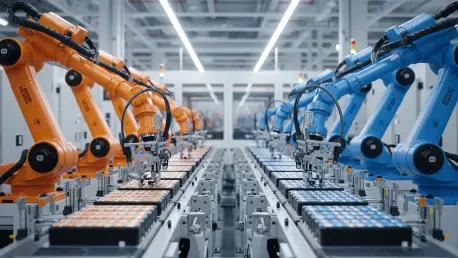
In the global race to diversify energy storage solutions and reduce reliance on geographically concentrated raw materials, Chinese battery manufacturing giant CATL has unveiled an ambitious strategic roadmap that positions sodium-ion battery technology for a major commercial breakthrough by 2026.
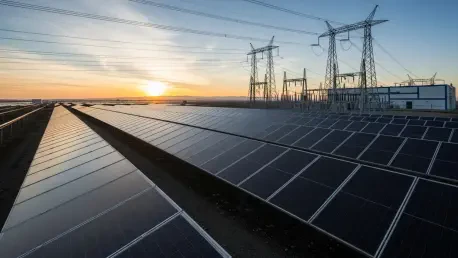
The global energy landscape underwent a seismic transformation this year, demonstrating with unprecedented clarity that the transition away from fossil fuels is not just a future possibility but a present-day reality unfolding at an accelerated pace. Across multiple sectors, from power generation
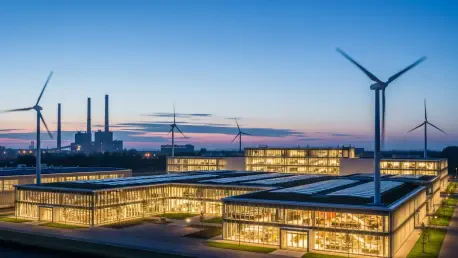
In a move set to redefine automotive safety on a global scale, China has unveiled a sweeping regulatory overhaul that includes, for the first time, a mandatory national standard demanding electric vehicle power batteries neither catch fire nor explode. This zero-tolerance policy is the centerpiece
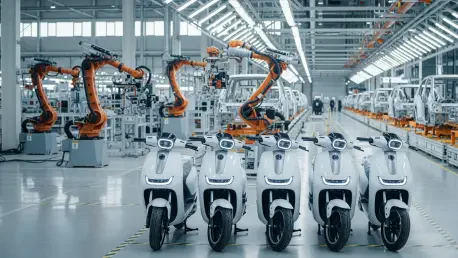
A Strategic Jolt: Unpacking the Government's Endorsement of Ola Electric In a significant endorsement of domestic manufacturing, Ola Electric has secured a ₹366.78 crore incentive from the Indian government, a move poised to accelerate its ambitious growth plans. This financial infusion, granted